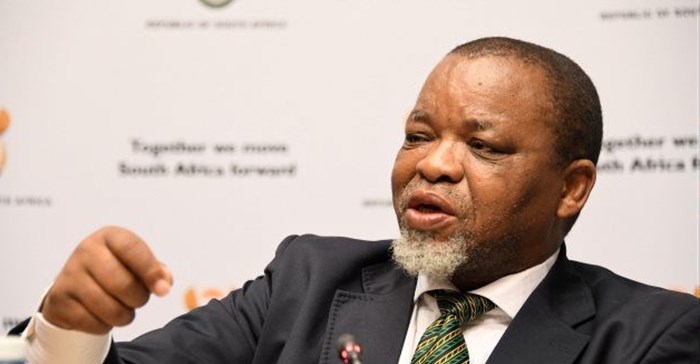
Top stories


ESG & Sustainability#BudgetSpeech2026: SRD grant unchanged, other Sassa social grants see hike
13 hours



More news












ESG & Sustainability
South Africa’s carbon tax should stay: climate scientists explain why










He said applications came from individual households and companies, and that most of them were mining companies.
All in all, the energy regulator has received 132 applications in this category, with a total capacity of 59MW.
Of these, 75 applications with total capacity of 42MW are approved.
The remaining 57 applications with total capacity of 16MW are being processed. On average, Nersa takes 38 working days to process applications for registration.
Licensing of generation for own use of above one megawatt (1MW), which is mainly to supplement power supply to commercial and industrial customers including the mines, has been eased.
Mantashe said applications that have not been approved were because there was insufficient information.
Meanwhile, in December, the department went into the market to ask the sector for information of where it can get additional energy that can close the power shortage gap as Eskom goes through a phase of load shedding due to planned and unplanned power outages.
“On the request for information (RFI), we received 481 responses. We are going through them to see who can give us energy within the next 12 months, the next 24 months, the next 36 months. So that is the stage we are in,” he said.
Mantashe said that to speed up the process of addressing the power generation deficiency, regulations are being finalised that will enable municipalities to buy power from sources other than Eskom or to develop their own power projects for generation of own power.
He said historically, metropolitan areas like Johannesburg, Pretoria, Cape Town, Mangaung and others had their own power generation capacity, largely coal driven. Advances in distributed generation technology make it viable for municipalities to create own power generation or buy power from projects developed within their jurisdiction.
“Cognisant of capacity challenges in most municipalities, also in the interest of security of supply, we are developing regulations to ensure regulatory certainty and in line with the Electricity Regulation Act, for municipalities to procure or develop their own power generation.”

The Conversation Africa is an independent source of news and views from the academic and research community. Its aim is to promote better understanding of current affairs and complex issues, and allow for a better quality of public discourse and conversation.
Go to: https://theconversation.com/africa